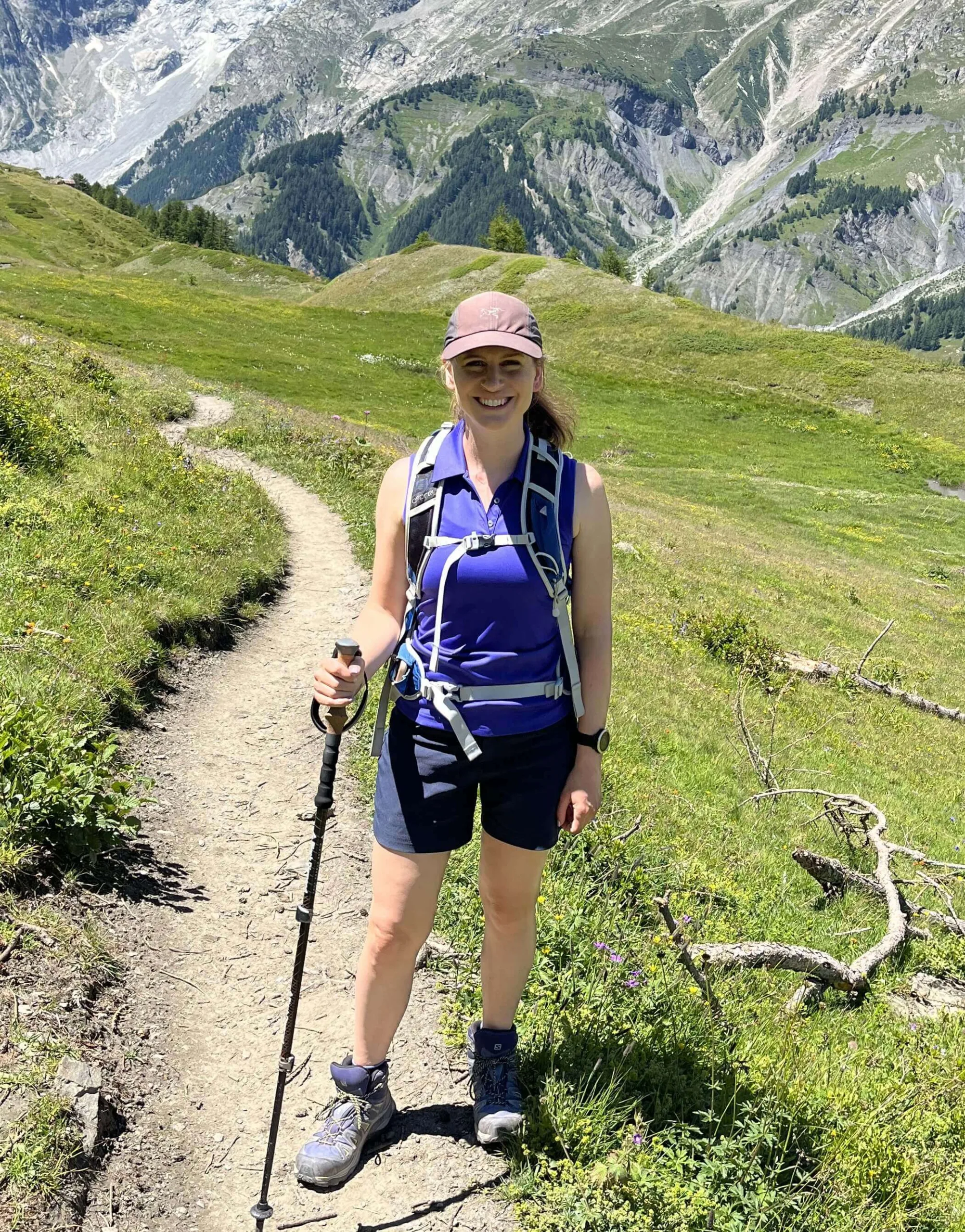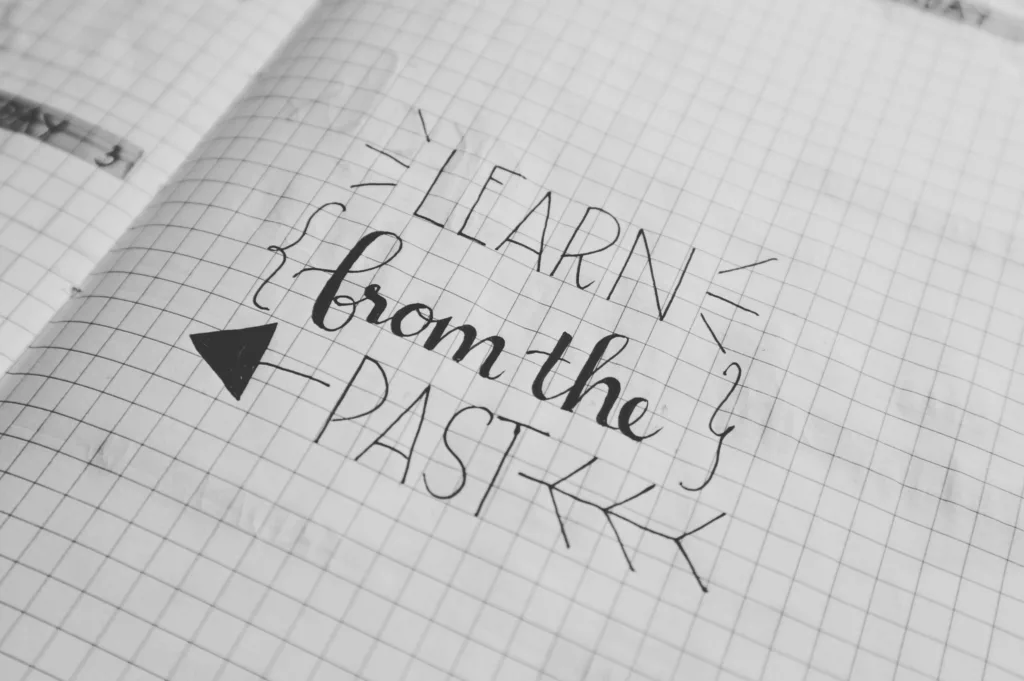My 15 years in academia were a bumpy ride. As a PhD student, I floundered along, with minimal productivity habits. During my postdoc and assistant professor years, I became more strategic in my work, employing various productivity approaches. I use many of these in my role as a marketer at Paperpile, a reference management app for academics. And I use the research and writing skills that I gained in academia daily in my work.
Since leaving academia, I’ve had space to look back on my research career. In this essay, I reflect on what I could have done differently as a PhD student, knowing what I know now. I share my insights, not with regret, but to describe the lessons learned along my journey.
I didn’t practise writing every day
As a graduate student, nobody told me about the nature of academic writing: how to master the terminology and conventions of your discipline, and how to craft good topic sentences and write effective conclusions. Nor was I aware of how to organise my ideas to shape an argument. I expected to launch into writing without first thinking about it. It was difficult to find the words.
During my postdoc, I discovered freewriting, which I found useful for warming up my writing and getting past the blank page. Often, while doing this, I noticed where I needed to do more reading to clarify my thinking and to make my argument stronger.
Nobody is a natural academic writer. It needs practice and dedication to improve your writing.
Early in your PhD program, schedule daily time for practising writing. It can take many forms: free-writing about ideas, outlining, or practising academic writing devices. Cultivate a writing habit by pairing it with a ritual that you can associate with writing, like sitting down at your desk with a cup of coffee at a specific time each day and a Pomodoro app.
I didn’t reflect on what I learned
As a PhD student, I read a lot. But I didn’t reflect on my reading, which meant I read articles repeatedly because I forgot what they said. Reflection is important because it helps you distil what you learned and make connections with the knowledge you already have.
There are two types of reflection that you can try:
- Academic reflection. Reflect on what you’ve read, seminars you’ve attended, or discussions with your supervisor or peers, by writing about what you’ve learned.
- Self-reflection. Spend time at the end of each day recalling your working practices. What went well and what didn’t? Would you do something differently tomorrow? This is also a good time to write your goals and to-dos for the next day.
As a PhD student, you are an academic professional, which requires actively living the “life of the mind”. Make time to build the scholarly habit of active reflection.
I didn’t do note-taking systematically
My note-taking during my PhD involved printing articles and taking notes in the margins. During my postdoc, I used Evernote for note-taking. Nowadays, I use Notion. I improved my note-taking skills as I progressed through my career, but it would have helped my research enormously to have developed a systemized note-taking habit during my PhD.
Because as a scholar, it isn’t enough to be curious and read a lot. You need to make sense of your reading to build your arguments and hypotheses. And that requires an organised mind. A note-taking system helps you develop structure in your ideas, sharpens your thinking, and transforms the knowledge you’ve gathered into a new and important contribution. Having a note system might also help you write your thesis more quickly.
Your system for note-taking can be digital or on paper. Digital notes have the advantage of being searchable and easy to tag, so you can find items quickly. Paper notes, on the other hand, have the advantage of being a linear record of your thoughts, which you can keep organised with the bullet journal method. Find a system that works for you.
I didn’t use a reference manager
I didn’t hear of reference management software during my PhD program. My reference management system was a master BibTeX file where I diligently typed the BibTeX entries by hand. I would have saved time had I known that I could have saved my citations to a reference manager and exported my library to BibTeX.
Reference managers can help you be more efficient because they automate many research tasks. You can use them to collect reference data, store and annotate your PDFs, format citations, and organise your research by topic.
Research is difficult enough without spending time on tedious citation management and getting stressed looking for missing PDFs. My advice is to give various reference management tools a go (for example, Paperpile offers a 30 day free trial) and then choose what fits your needs.
I didn’t set goals for my day
On a typical day during my PhD, I launched into doing whatever research-related task that interested me, like coding a model or reading any paper that took my fancy. I enjoyed the freedom of following my curiosity. But, I found that this habit was not helpful for long-term productivity. While I moved forward incrementally, I wasn’t planning what I wanted to accomplish and working back from that.
In graduate school, it’s fun to be able to work on whatever you want, but I advise setting 2-3 daily goals as you do so. Ask yourself, what would I be pleased to have completed at the end of my day? Then reverse engineer your day to make those things happen, by studying your calendar and blocking out times for each task.
I only learned this habit at the end of my academic career, and practicing it throughout might have made me a more productive scholar.
I didn’t practise basic productivity habits
I didn’t make a daily to-do list, time block my calendar, or group little tasks together as a student. The only thing I did intentionally was to map out a timeline for completing the chapters of my thesis. I learned time management habits as an assistant professor, where teaching commitments brought a natural structure to the working day. Task planning is a skill that you can develop during your studies, which will serve you well regardless of your career path after graduation.
I didn’t cultivate a community
I did my PhD in a small school, where I was the only woman in my program, which was lonely. But I could have tried harder to find my community elsewhere. My advice is to develop your network, especially if you are doing your PhD in a small program. Contribute to conversations on social media, become a member of your academic society, and join their mentoring program to build your network. Find a community outside of your program at your institution, and join a writing group (The PhD Place offers an online writing group!). All of these provide opportunities for professional networking, but I recommend making friendship your primary objective.
I didn’t consider my professional development
I did many things right as a graduate student: I gave talks at conferences, took notes during meetings with my supervisors, and stayed on top of the literature by following the major journals. But I didn’t take time to read about academic writing, or managing my time. Some learning materials didn’t exist in the late 2000s, such as Academic Twitter, podcasts, and YouTube videos. Nowadays, there is helpful material on various mediums that you can seek out. For example, as a marketer, I read books and listen to podcasts to learn about my profession.
I didn’t have hobbies
All I did was work on my PhD, and I often worked 11-hour days. I didn’t discover hiking, running, and yoga until my postdoc years. While I found my research energising, I didn’t realise how unhealthy it was to not have hobbies to look forward to.
You need rest to be productive. My advice is to find the thing that truly rejuvenates you – something that you are excited by and can immerse yourself in even during your lunch breaks. It might be an outdoor or team activity, or something creative like crafting or gaming.
Having fun doesn’t mean you’re not serious about your research. Doing things that bring you joy can make you more resilient during times of stress and make you a more interesting person. You are more than your academic work.
I wasn’t strategic
I wasn’t effective at task planning during my PhD. But after completing it, I got more strategic. If you can take away one lesson from my experience, it’s the importance of consciously developing good work habits as a PhD student. Try different approaches to see what works for you and what doesn’t. Cultivating intentional practices will help you whether you stay in academia or work outside of it.
I hope that at least one of these tips has resonated with you. Good luck with your PhD program!






